6 Foods to Fight Winter Blues
You know the routine — leggings under your jeans, at least four layers on top, two pairs of socks, a scarf, hat, and gloves, and that super puffy jacket. It takes longer to layer up during winter than it does to throw breakfast together some days. We’re already two months into the dead dread of winter, with no end in [short] sight. We Boston and far eastern Long Island just survived a nor’easter, we’ve had frigid temps, and plenty of dreary days.
If you’re like most Americans, this doom and gloom feeling from shorter and darker days can take a toll over time. In fact, 10 million Americans suffer from Seasonal Affective Disorder*, a form of depression that largely affects people in the winter. Psychiatrists report that fewer light hours are most likely the cause of the overwhelming feeling of sadness, fatigue, excessive sleeping, difficulty concentrating, weight gain, and carbohydrate and sugar cravings.
(If you identify with this disorder, please seek professional help.)
You may not clinically meet the criteria for this disorder, but you may have less pep in your step during snowy, cold, dreary winter days. If you’ve been feeling a little meh this season, it’s possible your DIET can be to blame. Tweak your food choices and your spirits may just lighten for the rest of the season. And always remember, summer will come…unofficially in 116 days!
In the mean time, munch on these 6 foods to fight winter blues…
Lentils. Lentils are a powerhouse source of IRON, a mineral required for oxygen to reach our cells. Sufficient iron levels are required to keep our energy levels up and our muscles strong. Iron deficiency, most common in women, is associated with fatigue, mood change, weakness, and dizziness. Just 1 cup of lentils (6.6 mg iron) contains nearly half of a woman’s daily iron requirements (18 mg/day; 8 mg/day for men). Other foods that contain iron include fortified oatmeal, spinach, soybeans, and meat.
Black rice. The fiber-licious cousin of brown rice, black rice contains over 140 mg MAGNESIUM per half cup serving. To avoid difficulty sleeping, stress, and fatigue, all signs of a magnesium deficiency, be sure to include almonds, peanut butter, and avocado regularly into your diet. Additionally, magnesium can help regulate your mood due to its role in serotonin synthesis, the happiness brain chemical.
Flaxseeds. Omega 3 fatty acids are promoted for their anti-inflammatory capabilities, but they also support brain health. Our bodies are not capable of making omega 3 fatty acids on their own, so we must consume them from through food — flaxseeds, salmon, walnuts, and Chinese broccoli. Studies have shown that omega 3s help alleviate depression, mood changes, and improve cognitive function.
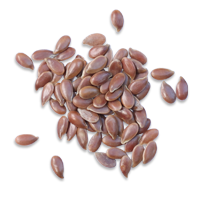
Seaweed. Seaweed and algae are two plant-based sources of vitamin B12. Many B vitamins are found in fish, eggs, poultry, and meat, but can also be found in fortified cereals, soy and rice milk. Several studies have demonstrated the role B vitamins play in depression. A variety of B vitamins, such as folate, B12, and B6, play a crucial role in the formation of neurotransmitters (brain chemicals) that are often deficient in depression.
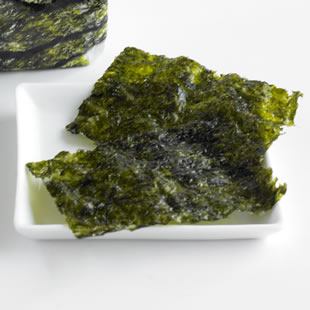
Salmon. In addition to its potent omega 3 content, salmon is an excellent food source of VITAMIN D. Sufficient amounts of vitamin D boosts immunity and helps regulate mood. A lack of the sunshine vitamin, common in winter, can interfere with one’s usual happy-go-lucky attitude.
Dark green leafy vegetables. While packed with potassium, vitamin C, and antioxidants, dark green leafy veggies are also a significant source of CALCIUM. A lack of calcium is related to depressive symptoms, particularly in PMS-prone women.
As the saying goes, “you are what you eat,” so fuel your body to the best of your ability to feel — physically and emotionally — your absolute best! Also, don’t underestimate the power of exercise. No matter how difficult it may seem, moving more is always a good idea!
XO
Note: Seasonal Affective Disorder and depression are serious conditions that requires help. Please see a psychologist, psychiatrist, or your doctor for further assistance if you or someone you know is experiencing any of the symptoms listed above.
Sources:



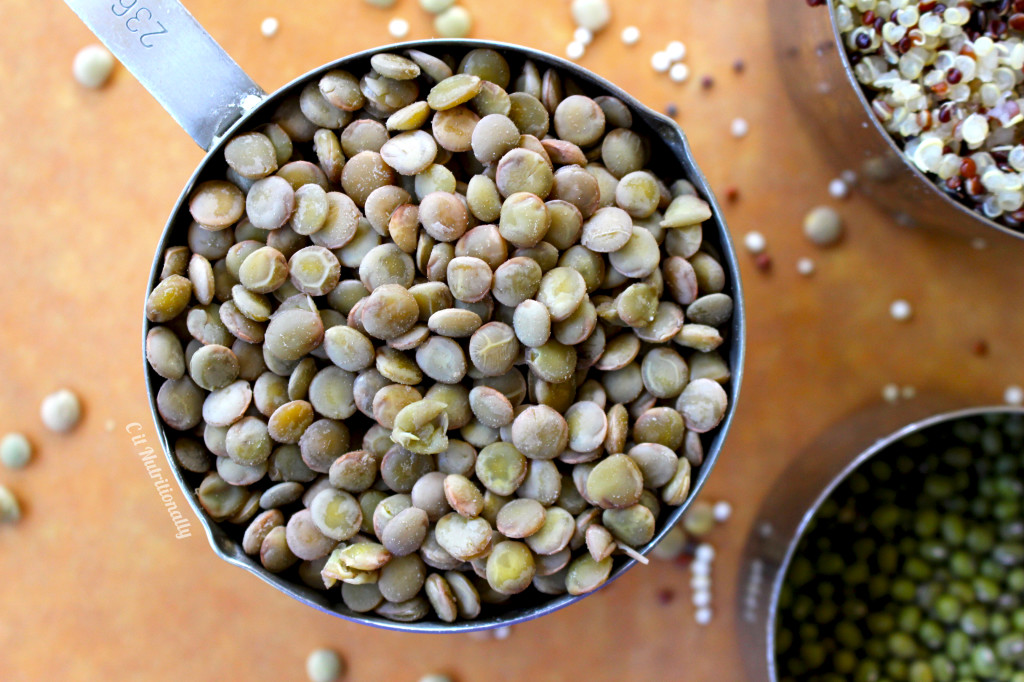
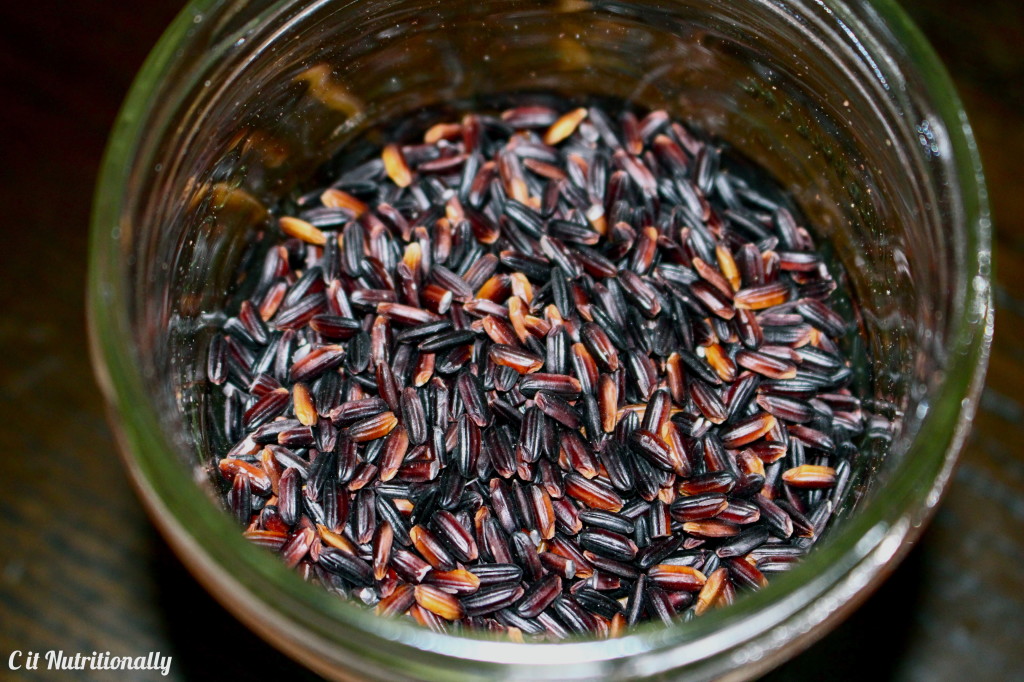

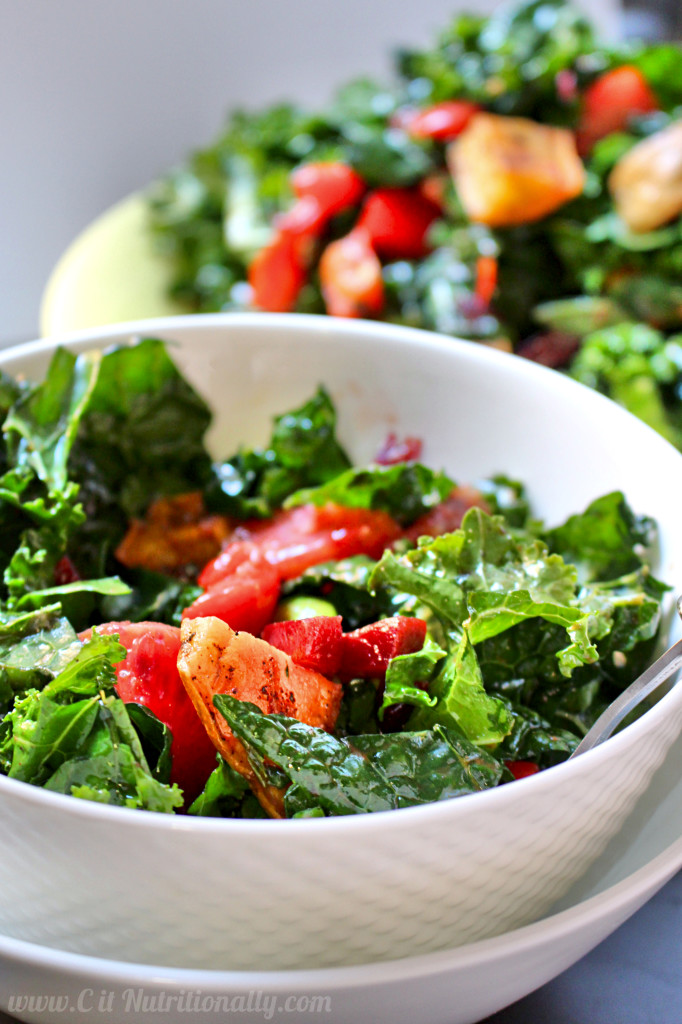
 Hi there!
Thanks for stopping by! I'm Chelsey, an online Registered Dietitian, recipe developer, budding photographer, and coffee addict! My mission is to help you feel good through food by answering the question "What should I eat?" Let's make nutrition approachable!
I hope you enjoy my personal collection of simple, healthy, food allergy friendly and nutritiously delicious recipes, plus tips and tons of tricks that will help YOU live a nutritionally-balanced life! I look forward to getting to know you better...
Hi there!
Thanks for stopping by! I'm Chelsey, an online Registered Dietitian, recipe developer, budding photographer, and coffee addict! My mission is to help you feel good through food by answering the question "What should I eat?" Let's make nutrition approachable!
I hope you enjoy my personal collection of simple, healthy, food allergy friendly and nutritiously delicious recipes, plus tips and tons of tricks that will help YOU live a nutritionally-balanced life! I look forward to getting to know you better...







